If you made the decision to go “clean” with our beauty and self-care products, do yourself a favor and make the switch to mineral (also known as physical) sunscreen. No matter where you live, daily application of SPF should always be of high importance on your self-care routine (speaking to my 18-year-old self…) And if there’s a product you use on the reg, its probably a good idea to be familiar with the ingredients and make it “clean.”
The American Cancer Society’s estimates that in the United States alone, roughly 100,350 new melanomas will be diagnosed in 2020 – largely due to UV radiation from the sun. But what we can’t accurately estimate or measure are the long-term effects of the chemicals in most SPF’s that we use to protect ourselves daily. Oxybenzone, Benzophenone-3, “Fragrance”, Phthalates – these are just a few sunscreen chemicals that are FDA approved and are also known endocrine disruptors that can have lasting, negative effects on the human body.
So why are these chemicals used in the first place? Oxybenzone, for example, works by absorbing the sun’s rays through a chemical reaction and helps inhibit deep penetration. But in order for oxybenzone to work, your skin needs to fully absorb it – which is why we’re advised to wait twenty minutes after applying before exposing ourselves to sunlight. Mineral SPF – zinc oxide and titanium dioxide– works by sitting on top of the skin to physically block UVA and UVB rays and works immediately. To make sure a formula is mineral-only, take a look at the active ingredients. If zinc oxide and titanium dioxide are listed as the active ingredients, it’s a mineral sunscreen.
Not only will mineral SPF benefit your long-term health, making the switch will actually help the environment, too. Many sunscreen manufacturers are adjusting their ingredients to be “reef safe” – meaning their ingredients don’t contain the nano-particles that are known to harm marine life. As of last year, the chemicals oxybenzone and octinoxate were banned in Hawaii because of their devastation to local marine life and coral. If wearing conventional sunscreen in water kills local marine life, how badly are these chemicals effecting our bodies when we wear it?
Similar to making the switch to non-toxic deodorant, switching to mineral SPF may take some time getting used to. When using mineral-based products, you’ll typically have to rub them in a bit more, and some may be “chalkier” than others. But as we all know by now, melanoma is no joke – and premature aging, hormone imbalances and dead coral reefs aren’t either. The biological and ecological benefits of switching to a mineral SPF outweigh the “negatives” of taking the few extra minutes to rub it in.
If you’re looking to take the leap, I’ve done the shopping research and tested out hundreds of mineral sunscreens to narrow down “the best”. Please note: while not all of these are labeled “reef-safe”, the vast majority of them are. Also, if something isn’t labeled “water resistant,” it most likely will wash right off with sweat and water. As always, it’s important to take a deeper look at the ingredients to make the best decision based on your lifestyle and needs.
Ready to stock up for summer? Here’s my top, non-toxic and mineral-based sunscreens for every need you can think of.
Tinted SPF + Makeup
Everyday Face SPF
BODY SPF
Alba Botanica Coconut Oil Hawaiian Dry Oil SPF 15 Sunscreen, $9
*not mineral, but clean ingredients

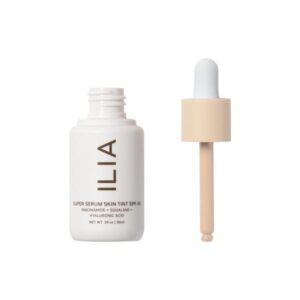
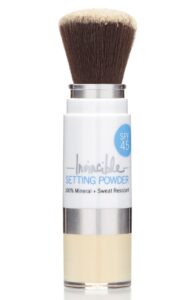
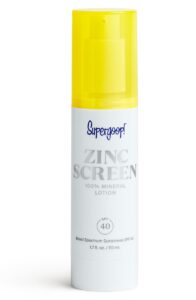
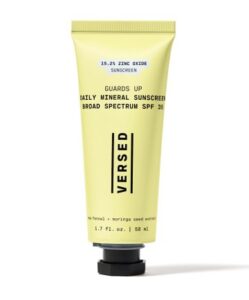
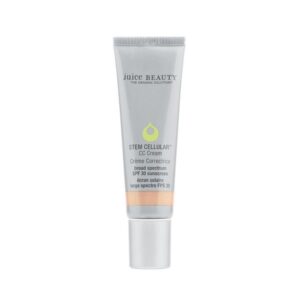
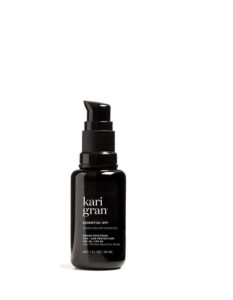
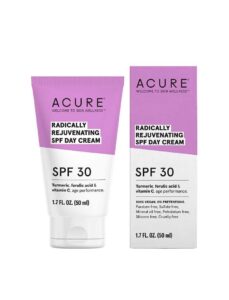
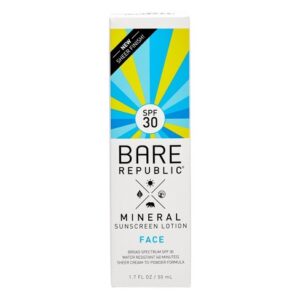
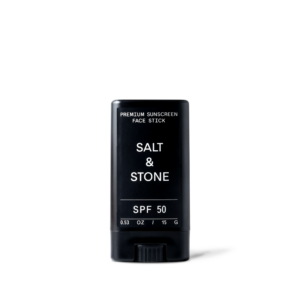
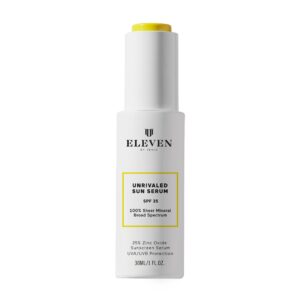
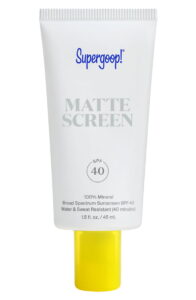
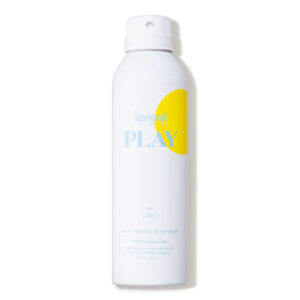
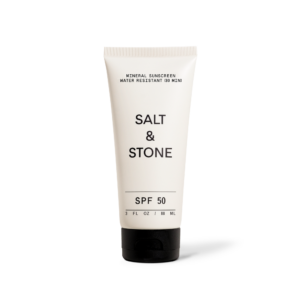
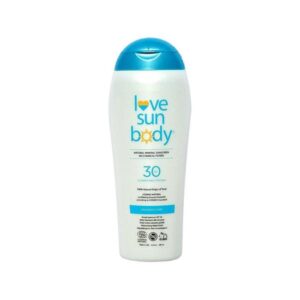
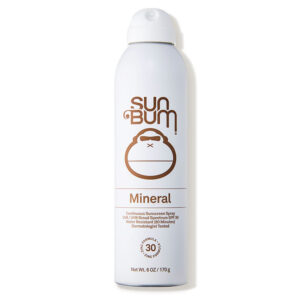
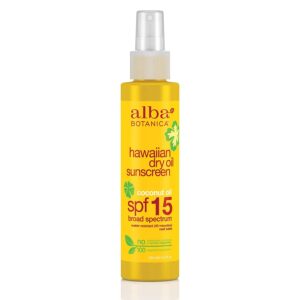
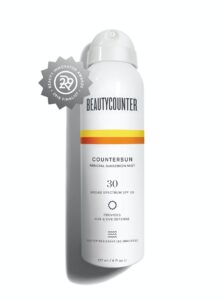
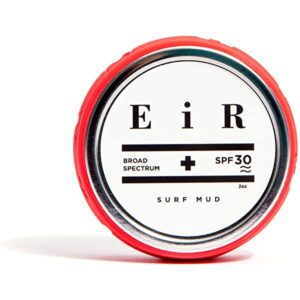
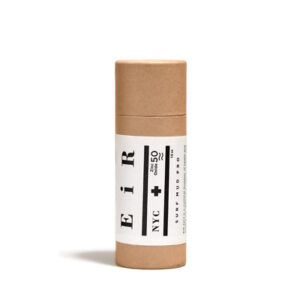
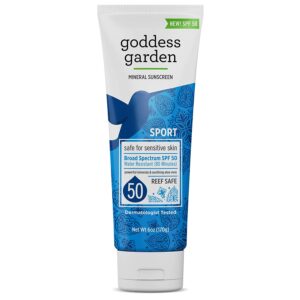
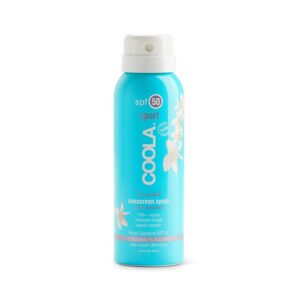
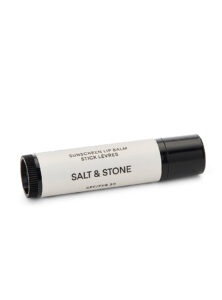
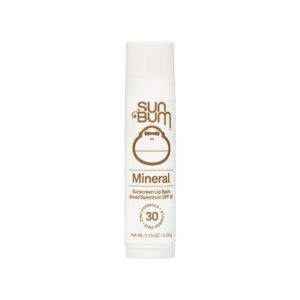
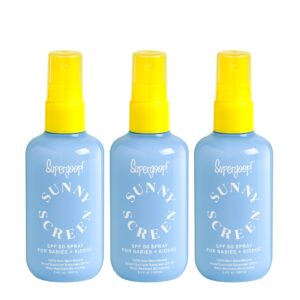
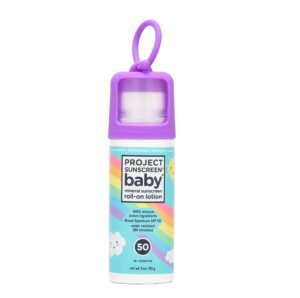
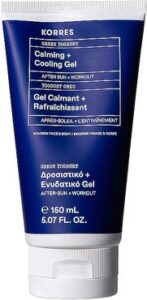
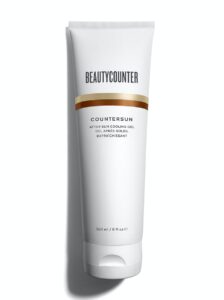
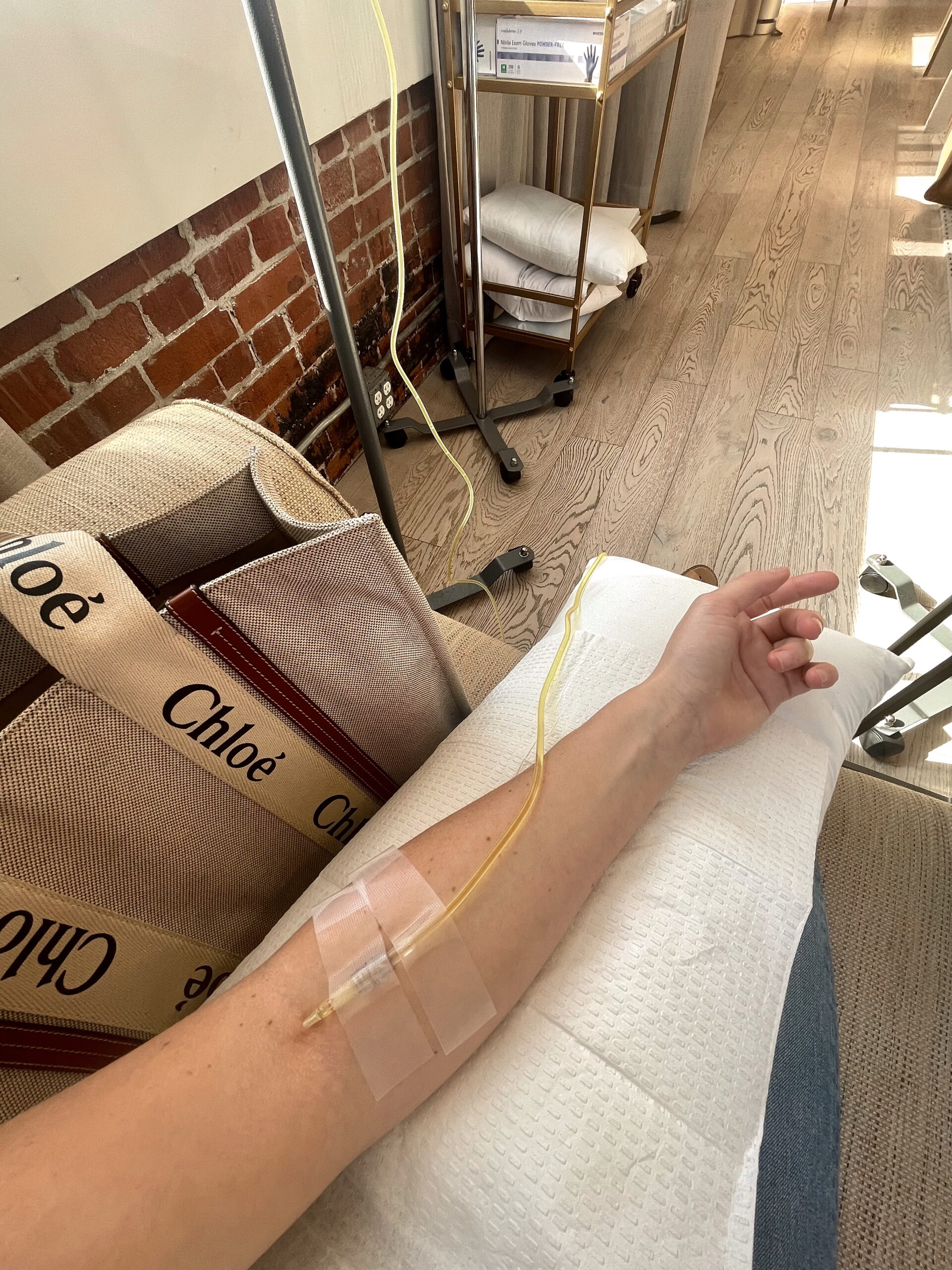
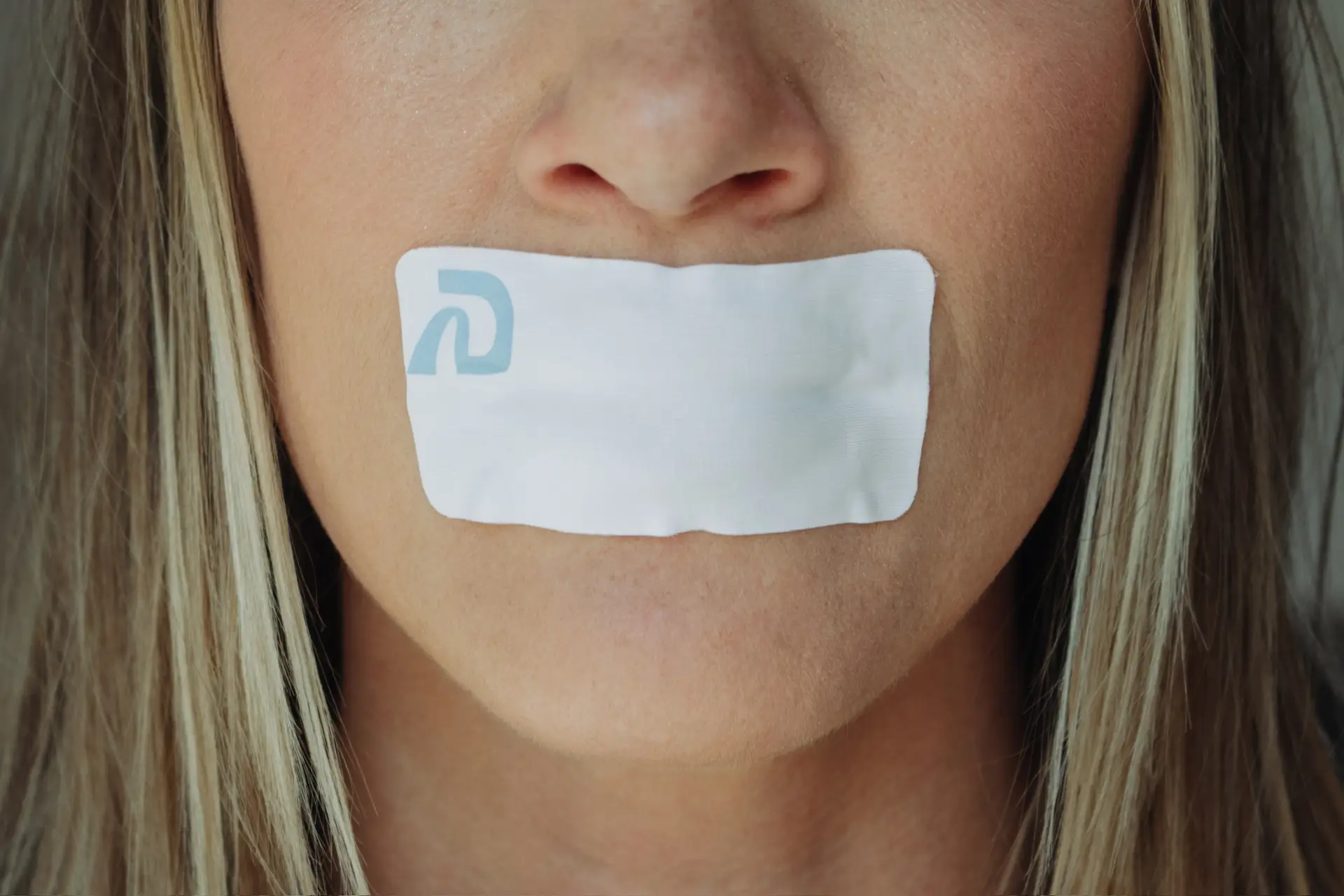
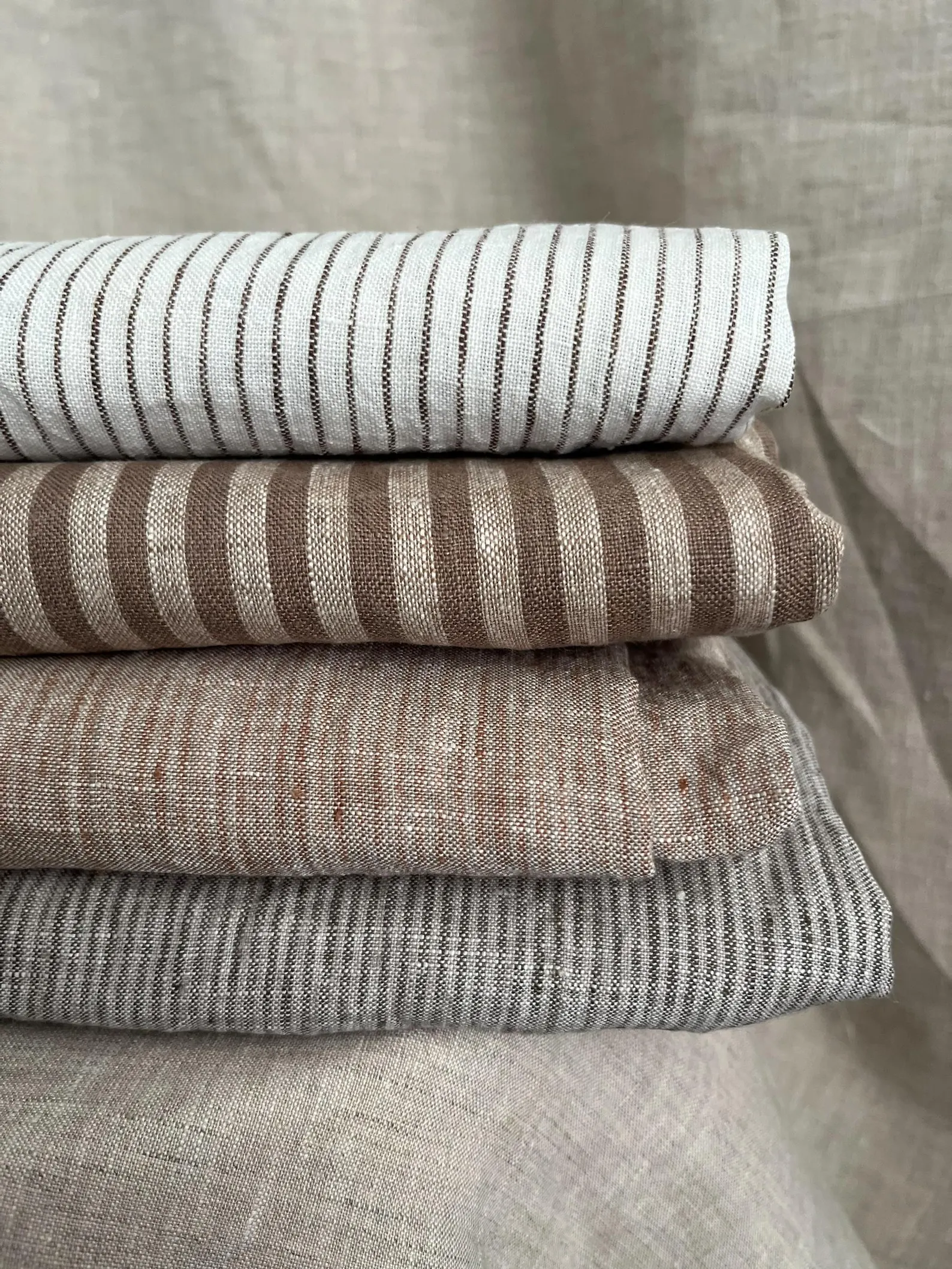
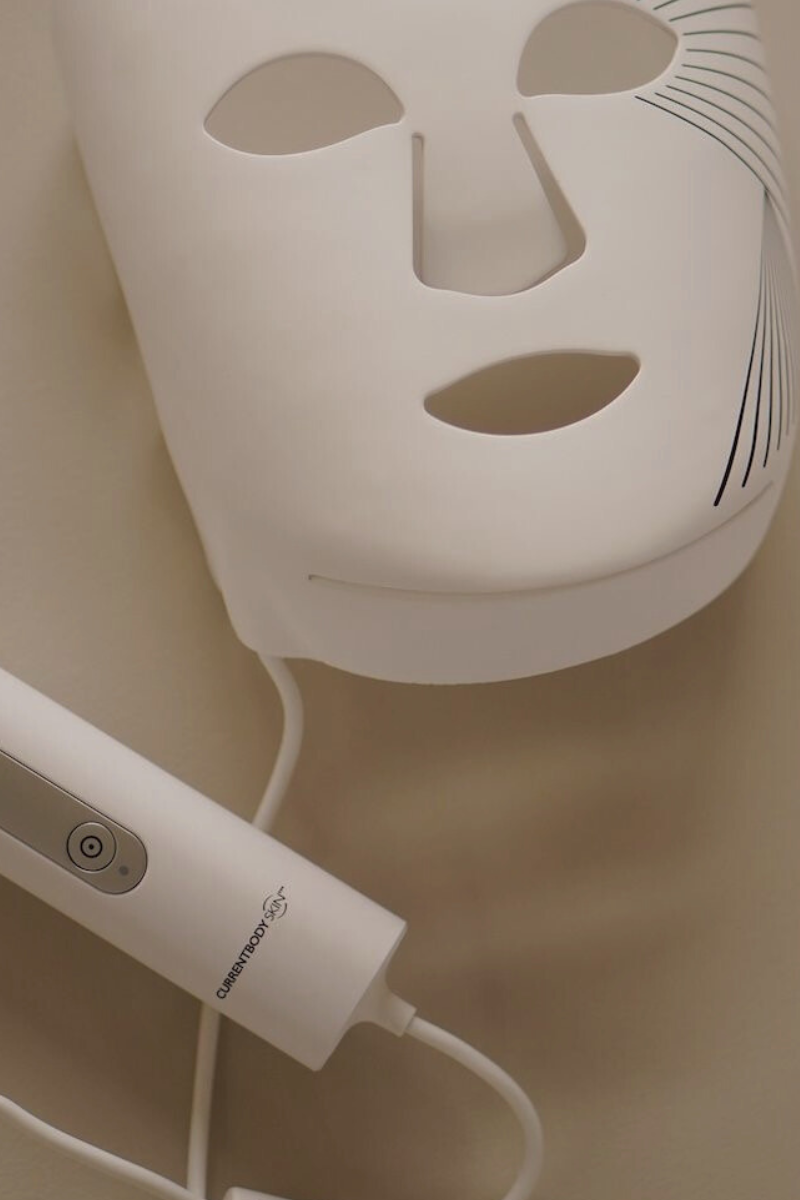

Comments +